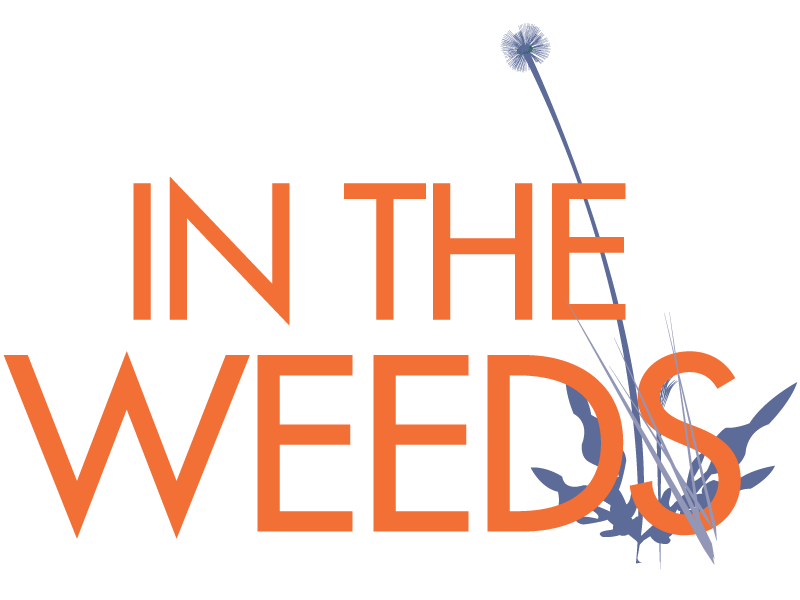In our third episode on the forests of the Western imagination, I discuss A Midsummer Night’s Dream with Randall Martin, Professor of English at the University of New Brunswick and author of Shakespeare & Ecology.
Associated with the night, with dreams, the imagination, madness, and the theater itself, the forest of A Midsummer Night’s Dream – inhabited by fairies who delight in playing pranks on the Athenians who enter it – is not merely a passive backdrop but, rather, a potent realm that challenges many of the traditional categories of Western culture, including the distinction between humans and other living beings.
Randall Martin tells us about the actual forests of Shakespeare’s time and ecological problems of Early Modern England, which sound surprisingly familiar. Shakespeare, he tells us, has a “fantastic ability to mirror back to us our most recent ideas and concerns and emotions,” and, indeed, A Midsummer Night’s Dream turns up a whole host of environmental concerns that haunt us today, from climate change to worries about genetic engineering to invasive species.
To learn more about the forests of Shakespeare’s time and their relationship to the theaters in which his plays were performed, Randall Martin recommends Vin Nardizzi’s book, Wooden O’s: Shakespeare’s Theatres and England’s Trees. Another very interesting book that Martin recommended to me, on the forest in Western culture, is Robert Pogue Harrison’s Forests: The Shadow of Civilization. And, of course, to get a better understanding of the environmental consciousness that emerges in Shakespeare’s work, I highly recommend Martin’s own book, Shakespeare & Ecology.
If you’re new to Shakespeare and would like to see A Midsummer Night’s Dream performed and are frustrated by our Covid-life which makes it nearly impossible to see theater, I recommend starting by reading the play. I find I enjoy Shakespeare performances more when I’ve familiarized myself with the text first and Shakespeare’s poetry is so rich that it makes for excellent armchair theater! Personally, I like to use the Arden Shakespeare editions because of their excellent annotations, but no doubt there are many other excellent editions available. Secondly, there are many performances available for viewing on line – both film versions and stage productions. And, finally, some outdoor productions are being planned for this summer so perhaps you’ll be lucky enough to see some Shakespeare in the park.

This episode is packed with information regarding the forest in Shakespeare’s day, how forests evolved in England, and all the roles it plays in literature. I learned so much about the genius behind the many layers of “A Midsummer Night’s Dream” as Shakespeare instructs us in realms of history, psychology and budding environmental problems. I will listen to the episode several times in order to savour every nuance! BRAVO & THANKS!
So glad you enjoyed it!